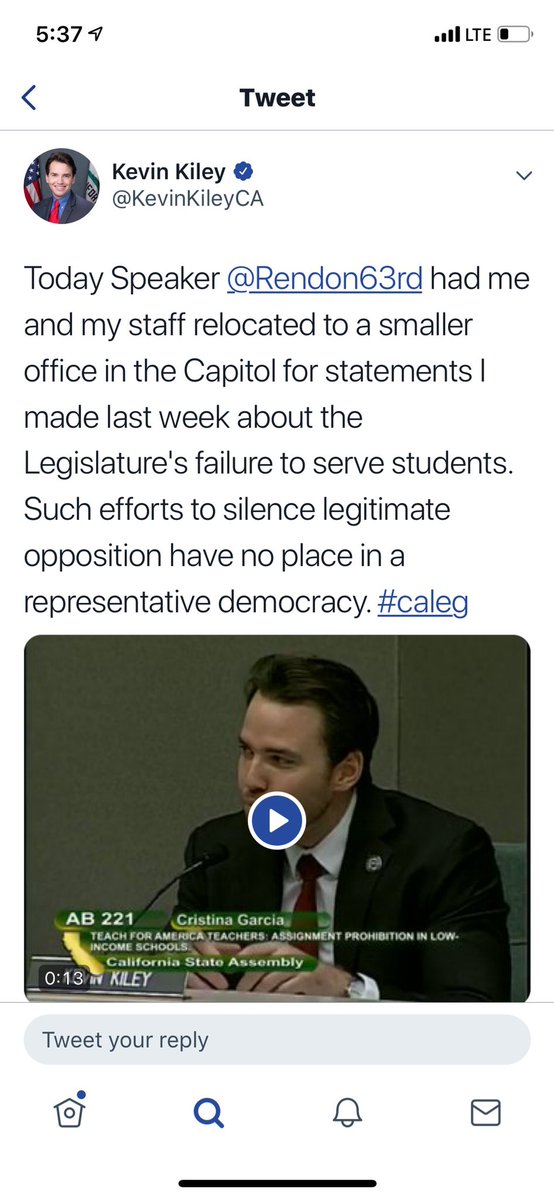Meat Widgets And Personalized Learning
There, some leaders are throwing support to PL not because it would be good for students or would solve educational problems, but because it would solve workforce development problems.
 |
| Solving workforce shortages one widget at a time. |
“We know in the state we have a huge shortage in the workforce. We have a hole, both in meeting our workforce needs and in servicing our students,” Jones said. “We have about 12,000 kids graduate per year. About 7,000 of them go onto a four-year college — and we have good four year programs — but 5,000 are where? We can’t tell you. Schools can’t tell you.”
Ten-- count 'em, ten-- bills have been introduced to push the model across the state. Legislators are also "aiming to remove barriers in the public school system in order to encourage students to seek professional opportunities while they’re in school and to fill community worker needs."
This focus on "advanced opportunities" is a big part of the push, and the PL being emphasized here speaks very little about personalizing to the student's style or interests, and seems mostly focused on letting students set their own pace so that they can rip right through what passes for their education so they can get right out there and start being somebody's useful meat widget as soon as CONTINUE READING: CURMUDGUCATION: MT: Meat Widgets And Personalized Learning























